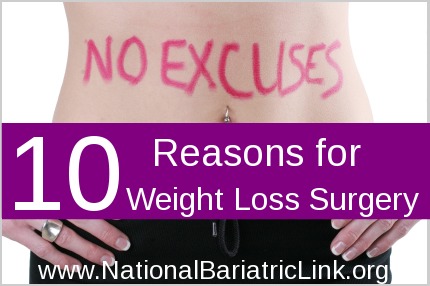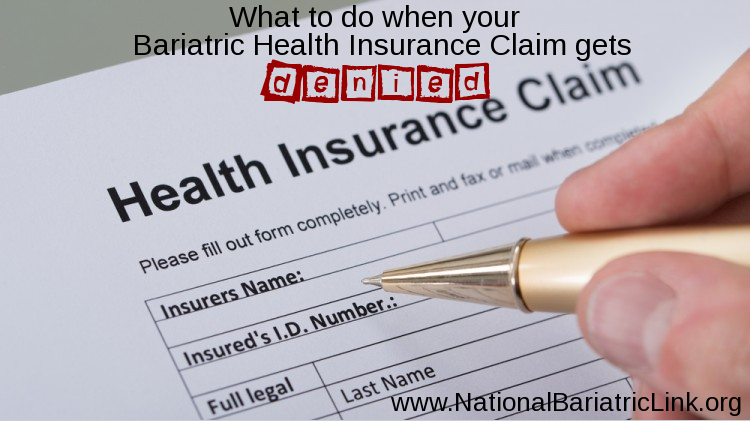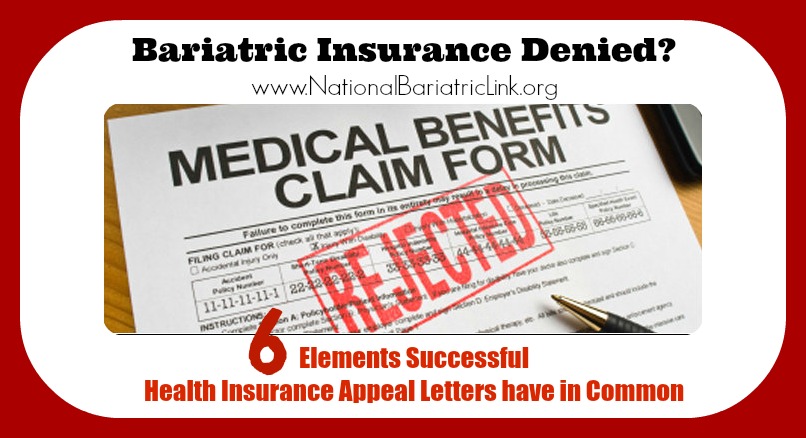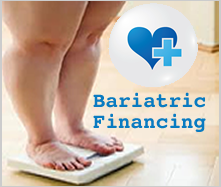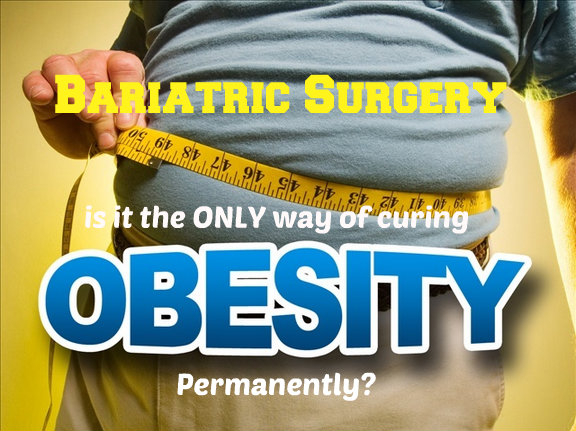There are many reasons to choose weight loss surgery, ranging from the need to prepare for an upcoming event to the basic human desire to live a longer and more productive life. Instead of listing all the medical and health reasons for you, we have compiled a list made by REAL people, people just like you and me!
Reasons for Weight Loss Surgery
You might be surprised that not everyone chooses weight loss surgery to enhance and improve their appearances, although this is undeniably one of the many benefits. Here are ten of the most entertaining reasons people turned to Bariatric surgery to lose weight and keep it off.
#1 – Grandchildren
“I want to live long enough to see/know my grandchildren. I want to feel good enough to play with them in the park without becoming short of breath. I want them to remember me as youthful and fun instead of overweight and unhealthy!”
#2 – Health
“I want to feel better and have more energy, and live my life to the fullest without the regrets caused by being overweight. I’m tired of being unhappy with myself and having difficulty doing simple daily tasks. I don’t want to suffer from heart disease or diabetes.”
#3 – Special Event
It’s my wedding day and I want to be a beautiful bride, and begin my new life looking and feeling great. I would never attend my class reunion without losing weight! I am going on a trip/cruise and everyone will be lounging on the pool or beach, wearing swimwear …and bikinis. Everyone will be talking about me after the family reunion”
#4 – Job Improvement or Promotion
“I want to improve my job performance and enjoy the respect of my colleagues and co-workers. It would increase my confidence at work and help me land the promotion I have always dreamed of. I want to wake up in the morning and enjoy getting dressed for work …instead of dreading it!”
#5 – For the Love of Fashion
“I am so tired of never being able to find cute and trendy clothing in my size! I want to wear beautiful clothing and look good in lingerie. I haven’t owned a swimsuit in years and I am ready for a change! I miss being able to wear high heels.”
#6 – Peer Pressure
“I feel as if everyone stares at me when I go out in public, and sometimes I am sure that people are making fun of my size. I love theme parks, especially roller coasters, but it is too embarrassing when the safety harness doesn’t fasten. I hate feeling too fat to sit comfortably in my school desk.”
#7 – Self-Confidence
“Even though I am obese, I feel like less of a person. I want to walk into a room with confidence and not worry whether people are wrinkling their noses or secretly trying to guess my weight. I am tired of staying at home in my pajamas because I don’t want to be in public looking this way.”
#8 – Physical Pain
“I cannot remember what it feels like to get up in the mornings and my body not ache. My back hurts so bad at times, and I know my weight is part of the problem. Being overweight complicates and causes problems with my other health issues.”
#9 – Sexual Quality of Life
“I want to have fun and not be self-conscious during sexual intercourse with my partner. If I have weight loss surgery, I will feel better and enjoy sex more. By losing weight, I could release my inhibitions and live out more of my fantasies.”
#10 – Loved Ones
“I am not too sure about weight loss surgery, but my partner really wants me to have this. Although it isn’t spoken aloud, I know my partner wants me to get control of my weight, even if it means having Bariatric surgery. My son/daughter is worried that my weight is affecting my health. I want to be a better mother/father for my children.”
The Right Reasons for Weight Loss Surgery
While there are a million reasons to choose weight loss surgery, not all of them are the right reasons. A reputable and highly qualified Bariatric surgeon will meet with you to discuss whether weight loss surgery is the right choice for your health and lifestyle. Whether you choose the Lap Band, Gastric Sleeve or Gastric Bypass, weight loss surgery is a life-changing event that should not be taken lightly.
Bariatric surgery is for those who are severely obese and have consistently tried all other methods of weight loss without success. No one waves a magic wand as, even with weight loss surgery, you will need dedication and the motivation to succeed.

